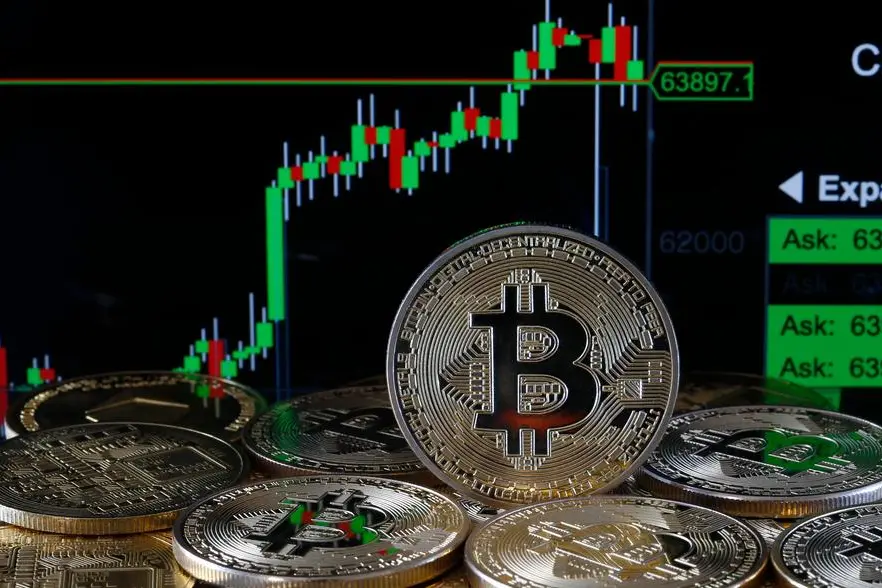PHOTO
A billionaire millennial plays the video game League of Legends during a funding pitch meeting, while he presents his $30b cryptocurrency startup as a platform for doing anything with your money. The VCs love him, celebrities back him, his employees swear by him. He seems like the nice guy who rescues other struggling crypto platforms. But there is a twist in this fairytale. His company grows quickly enough to make his major crypto investor feel threatened. A classic clash of titans turns into a fight to the finish. Several tweets later, FTX files for Chapter 11. FTX’s rise and fall reads like a Hollywood script. The collapse so sudden and complete that a million or so customers remained helpless spectators.
Industry pundits are wondering if this is cryptocurrency’s Lehman moment or is that yet to come. Such a monstrous collapse had been played out in our collective conscience many times. This is not the first and certainly not the last. And yet we can’t stop playing poker with our money. Once you enter the crypto black hole, you should be prepared for anything. No one really knows what will come next. If they say they know, they still don’t know. For cryptocurrencies that have no underlying assets, any kind of speculation can cause a cataclysmic price swing. This thrill of the unknown is precisely what makes the cryptocurrency market so appealing.
But the trouble is when we put at stake a lion’s share of our life savings or a company’s assets. A growing list of companies are in financial doldrums because of their strong ties with FTX. For some, bankruptcy appears to be imminent. These include Web3 startups, hedge funds, celebrities, venture capitalists, crypto traders, crypto lenders, and shockingly, a pension fund.
The cryptocurrency market is desperately crying out for regulation. Otherwise, its eventual self-implosion is certain. Large crypto players such as FTX and Binance have requested regulation. It appears to be just a ruse to keep the law agencies at bay. Binance has been evading scrutiny by law agencies, which is a major reason for eventually backing off from acquiring FTX.
The digital asset market was meant to spur DeFi or decentralized finance, but the exact opposite has happened. The market converged around a few centralized exchanges that attracted disproportionate amounts of money, making them epicenters of disaster. To borrow journalist Joan Didion’s words, ‘The center will not hold’. Hence, the digital assets market must be regulated in the most stringent manner.
To expect the cryptocurrency market to self-regulate is like asking gamblers to play safe. Behind FTX’s spectacular collapse were its former CEO’s risky bets. Crypto players just can’t help themselves. Every collapse builds the case for more stringent regulation. Japan, EU, Singapore and Dubai are leading crypto regulators, while many others have some form of regulation. Dubai has taken several steps such as setting up a Virtual Assets Regulatory Authority for regulating the digital assets market outside of certain jurisdictions such as Dubai International Financial Center (DIFC).
Governments have been scrambling to put together a regulatory framework for unfair trade in cryptocurrency. El Salvador’s move to make Bitcoin a legal tender muddied the regulatory situation. Most countries do not recognize cryptocurrency as a legal tender but tax it as an asset. The focus has been on required registration with local authorities, marketing restrictions, Know Your Customer (KYC) policies, and anti-money laundering restrictions.
Regulators face the difficult task of balancing free market with oversight, while taking a balanced approach towards decentralized networks and centralized platforms. The cryptocurrency players understand their market better than others. Yet their involvement in formulating the legal framework strikes many as conflict of interest. US regulators are being criticized for involving FTX’s former-CEO Sam Bankman-Fried. US lawmakers were preparing to regulate the US-based subsidiary of FTX, while its parent company in the Bahamas would remain beyond their purview. Token regulation of crypt assets that few understand leaves the door open for future disasters. Now they need to rethink their approach.
We need greater focus on protecting customer money, compliance with strict accounting principles, mandatory use of licensed custodians, detailed disclosures and so forth. XRP creator Ripple Labs that is already battling a US lawsuit by US Securities and Exchange Commission (SEC), has recommended that regulators assess crypto assets according to their risk profile. A comprehensive regulatory regime requires a full understanding of the activities of crypto exchanges and wallet services. While this complexity cannot be overrated, we expect to see successive waves of regulation triggered by successive meltdowns.
The irresponsible feuding between Binance and FTX has put the whole market at risk. This is just one example to suggest that the cryptocurrency market needs to be deeply regulated like a 100-year-old industry. Otherwise, it will destroy itself before destroying others.
– Shalini Verma is a serial entrepreneur. She tweets at shaliniverma1.
Copyright © 2022 Khaleej Times. All Rights Reserved. Provided by SyndiGate Media Inc. (Syndigate.info).





















